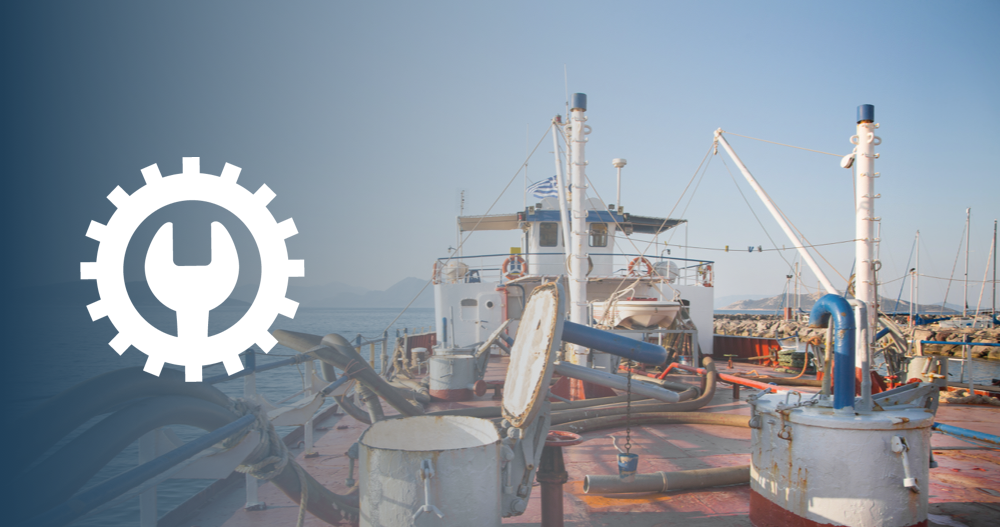
A ship mechanic is responsible for keeping the ship engine running. You may work solo, or you may be part of a larger team, depending on the size of the ship. A ship mechanic, also called a ship engineer, may be required to live on board the ship or be on board for extended periods of time.
According to the Bureau of Labor Statistics, ship engineers in 2023 earned an average of $100,550 with the top 10 percent earning $141,910. Read on for more details about a specialized focus as a ship mechanic.
Start With an Undergraduate
To become a ship mechanic, you’ll need to attend a maritime university and get a bachelor’s degree in marine engineering. In the undergraduate program, you’ll take courses to learn about ship systems, engineering mechanics, electrical engineering, hydraulics, gas turbines, and more. You’ll be required to spend a semester at sea, where you’ll get hands-on experience using the systems on a ship.
Specialize in the Field
Although you have a well-rounded education that has prepared you for all types of engine work, you can specialize by picking what type of system you'd prefer to work with. Cruise ships may be your forte, or perhaps cargo ships. You can also specialize in engine types, such as, motor, steam, or gas turbine.
Get Your Licensing
There is a lengthy checklist for those in the process of getting licensed. The Transportation Worker Identification Card (TWIC), which is required by the Coast Guard, is the first step. To get your card, there is an intense background check done by the federal government.
Applicants must be physically fit, pass a drug test, and get a medical exam. You typically need to provide 3 references and show proof of citizenship. Then, you’ll need to be able to prove the sea experience and maritime training.
The United States Coast Guard website provides a detailed checklist for those gathering together the information to get their license.
Earn Certifications
Once you’ve finished the licensing process, you are now eligible to take the Merchant Mariner Credential (MMC) exam. There are different exams for each motor type, so you can take each one individually and be certified in all, or pick and choose which ones you want to be certified to work on. The engine types that have their own exam are propulsion engines, which include steam and motor, gas turbine or steam only, or motor only.
Once you pass the first set of exams, you’ll have a merchant mariner credential with a position endorsement as a third assistant engineer. To advance your rank, you must have enough experience at the current level before you can reapply to take the necessary certification exams. Certifications are good for 5 years.
Ship Mechanics are in Demand
Ship mechanics can travel all over the world while they do their job, and the opportunities for work are growing — cruise ships especially are looking for mechanics. So if you like fixing and maintaining engines, boilers, pumps, and generators as much as you love the water, you’ve found the right line of work.





